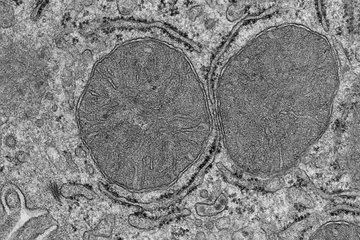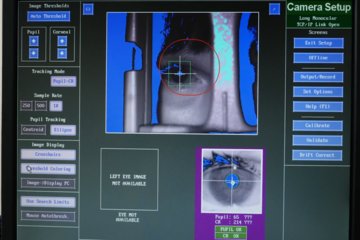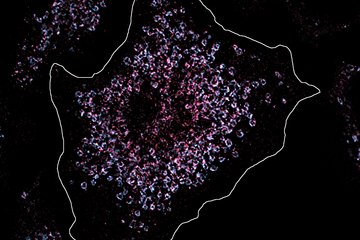Deceiving cancer to facilitate treatment
Researchers use the phenotypic plasticity of cancer cells
Cancer cells are notorious for rapidly changing their phenotype, driving within-host spread and evading treatment. Scientists in Plön used a mathematical model to understand the role of a signal used by cancer cells to control their phenotype. By manipulating these signals, cancer cells can be tricked into a less harmful phenotype that is more responsive to treatments.

Mathematical oncology is a growing interdisciplinary field of research that harnesses the power of cancer biology, clinical insights, and mathematics. By using computational techniques and mathematical equations to understand the dynamic nature of cancer, the field strives to quantify the ecology, evolution, and treatment of cancer. Mathematical oncology is pivotal in advancing the fight against the lethal disease by enhancing and personalizing the ability to diagnose and treat cancer.
Search for a weakness in the fight against cancer cells
Carcinomas, cancer of epithelial cells, are known to show phenotypic plasticity, the ability to change traits based on the surroundings, making them difficult to treat. Cancer cells manage their phenotype by hijacking the immune system and relying on signals from immune cells. In a recently published study, Saumil Shah, Arne Traulsen, and Michael Raatz from the Department of Theoretical Biology at the Max Planck Institute for Evolutionary Biology in Plön turned this devastating feature of cancer cells into a weakness by showing how this plasticity can be exploited.
Signals secreted by immune cells change the internal state of the cancer cells, manifesting as distinct phenotypes. When this signal is manipulated, the internal state of the cancer cell changes. As a response, the cancer cell changes its phenotype, becomes less harmful, and more responsive to treatment. Together with collaborators from the Institute for Experimental Cancer Research in Kiel, Saumil Shah and colleagues developed mathematical equations that capture the cancer cell response to these signals. They provide an understanding that will ultimately help to personalize and optimize cancer treatment.












